How to choose the right kennel to leave your dog while you're on holiday
Our resident expert Ben Randall isn't just a dog trainer: he and his family also run an award-winning kennel in Herefordshire. So who better to share their wisdom with a reader who is desperate to find the best kennel for her dog while she's on holiday?

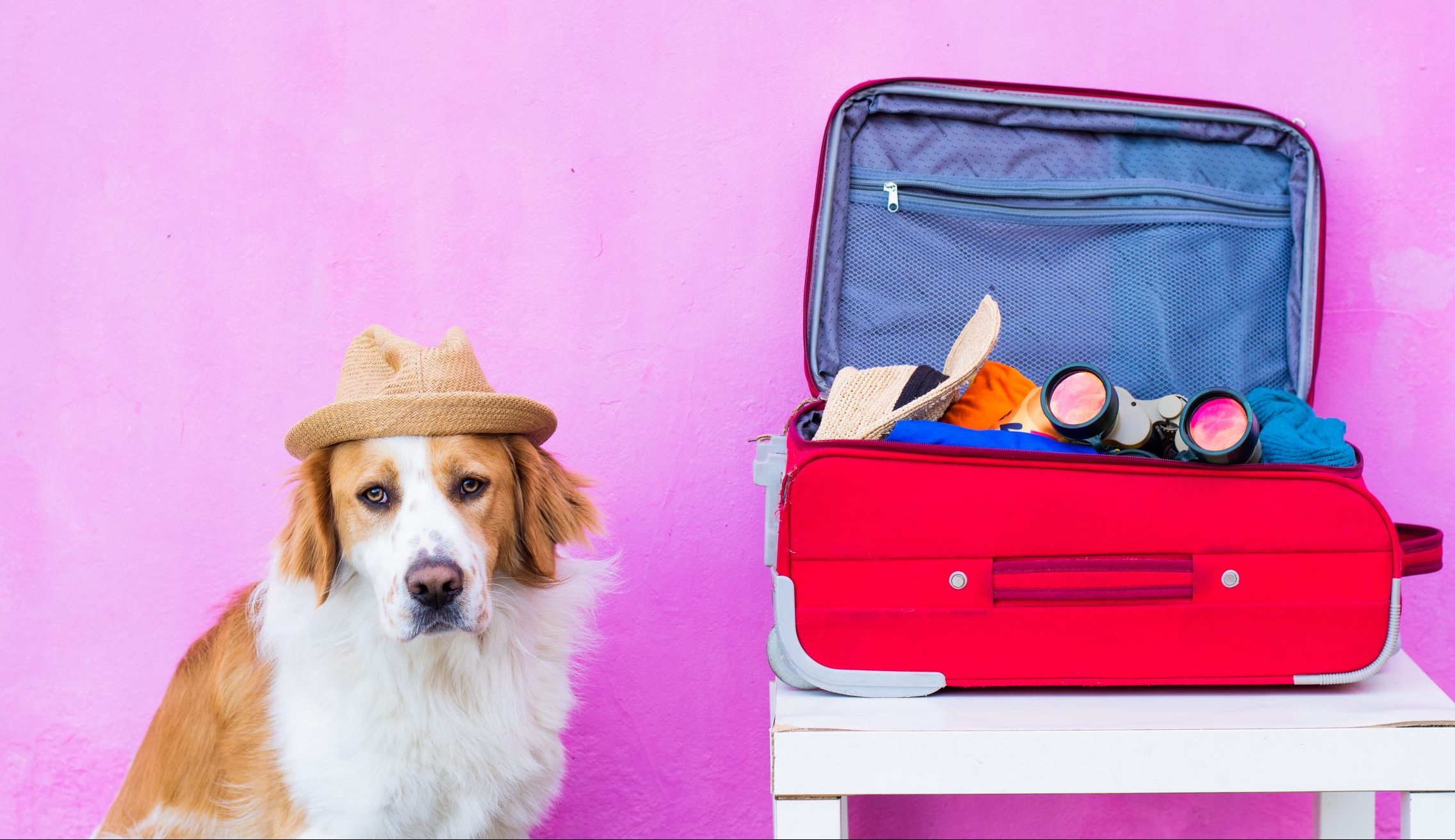
Going on holiday is one of life's great pleasures. Yet for dog owners it can be a bit of a headache: while taking your dog on holiday is easier than it ever has been in the past, most overseas destinations are simply not set up to take pets as well as their owners.
Some are lucky enough to have ready-made options: dog-savvy friends or family who can look after your pet for the duration, say. But for many others that's not an option, as is the case for the reader who wrote this week to paws-for-thought@futurenet.com.
Dear Ben, We're off on holiday in a couple of months' time, but for the first time since we got our dog — a three-year-old golden retriever — we're heading overseas, so taking her with us is not an option. Have you got any tips for choosing a kennel, and getting her used to the idea of staying in her own 'hotel' while we're away for the week? — P.K., Cornwall
First off, I should say how happy I am that you've asked this question rather than just picking one and hoping for the best. You wouldn't send your child to stay somewhere without researching it thoroughly, and your dog deserves the same care and thought.
It's something that is particularly dear to my heart. As well as honing my Beggarbush (BG) training methods over the last decade and more, my wife Nikki and I have run our own five-star boarding kennels in Herefordshire, Ledbury Lodge kennels. It’s run with love: every dog is treated as an individual — and we bend over backwards to make sure that every dog that comes to stay has a wonderful experience.
Those years of experience have taught us both a huge amount, so here are some questions you should ask of your potential kennel, some tips to help them settle your dog in as well as possible, and some advice on how to prepare your dog for its first stay away from you.
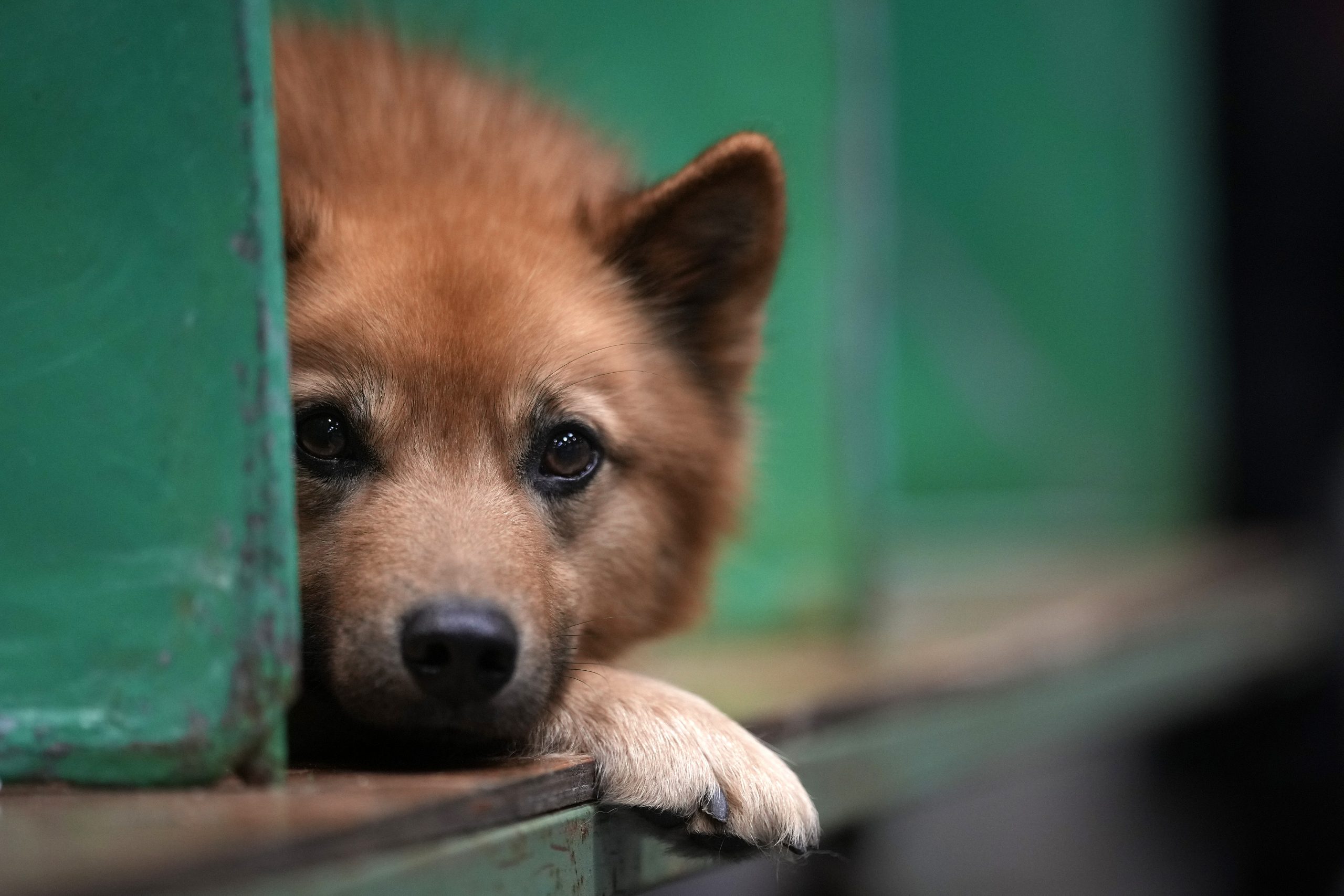
How to make sure your dog is happy in kennels while you're away
1. Look for a kennel that treats your dog as an individual — not lumping it in with a huge pack
Our kennels are run with love. Every dog is treated as an individual and gets bespoke treatment: we speak to our clients when they first enquire about booking, finding out as much about their dogs as we can so that we know their behaviours, their daily routines and their feeding or medication needs. If we have any concerns at all – perhaps we’re worried about them suffering separation anxiety, nerves or over-excitement — we give training to the owners before they come (more on that below in step four).
I'd also suggest that you pay special attention to how your dog will get its exercise during its stay. The sad truth is that there are kennels out there which neglect this by just letting a dozen dogs run wild in a half-acre paddock, barking and chasing each other for an hour or so. It's a recipe for trouble: if your dog is in the kennels for 10 days, that’s 30 exercises in which your dog has been conditioned to run, chase and bark at other dogs. When you collect your dog it’ll be highly-wired, lean, muddy and smelly — and the next time you take it to the park it’ll be expecting to be let to go bananas again. Our routines are like they are for reason!
Exquisite houses, the beauty of Nature, and how to get the most from your life, straight to your inbox.
Instead, look for a kennel that does things more carefully. We’ll generally put dogs together in small, hand-picked groups, and keeping those sociable dogs together in the same block. We call it socialising, not just exercising: it's a toilet break, a stretch of the legs and a chance for socialising in clam relaxed environment, in a well-mannered way.
2. Visit the kennel before you commit to booking
Once you've picked out a kennel that you like the sound of, ask to visit beforehand. You and your dog will both want to see the place for yourselves, making sure it suits them and gives you peace of mind. You can check that its clean, safe and sterile; that the accommodation is up to scratch, and that the atmosphere is positive.
Above all it means that your dog won’t suddenly find themselves dumped in a strange, new place and watching in confusion as you drive away for two weeks.
We're careful about how we schedule these visits, and you should expect nothing less of your kennel: we only have one visiting dog at a time, to keep the kennel calm and relaxed – and they'll have positive memories of the place when they come back. And once here, the only people that the dog will see are me and my family.
3. Make sure your kennel knows that you need to know your dog is okay
One of the things we hear from clients all the time is, 'Oh Ben, our dog will be so nervous, it’s always with me, don’t know how it’ll cope without me.' So we're very careful that within hours of leaving him, we’ll send the owner a video of the dog playing and having fun in the new environment.
It's something that will be familiar for anyone who's gone through the experience of dropping a child at nursery or pre-school for the first time: the truth is that you're probably more worried than they are. So while drop-off might be hard, phone back in an hour and you’ll find out that the kid is fine and having fun. The same will be true at a good kennel.
4. Stop separation anxiety before it starts
One thing we've seen a lot of post-lockdown is dogs who have become use to spending 24/7 at home with their owners. It's something I've addressed before in my article on separation anxiety in dogs, and it could potentially cause an issue when a pet is left at the kennel without their owner.
So a couple of things I ask owners to start doing, prior to their stay with us, is to try to get the dog used to spending time away from them. Create a space that the dog can go in to – it could be a pen in the utility room, a kennel, a dog crate – and make it a comfortable space for them. Get them a long-lasting chew — an antler or a Kong with treats inside is ideal – and once or twice a day, go and get the toy or treat and put it in the dog's space while you get on with your shopping, gardening or other jobs round the house. Get that going for a few weeks before the dog comes to the kennels and they’ll get more confident about time alone. This really does help with the transition.
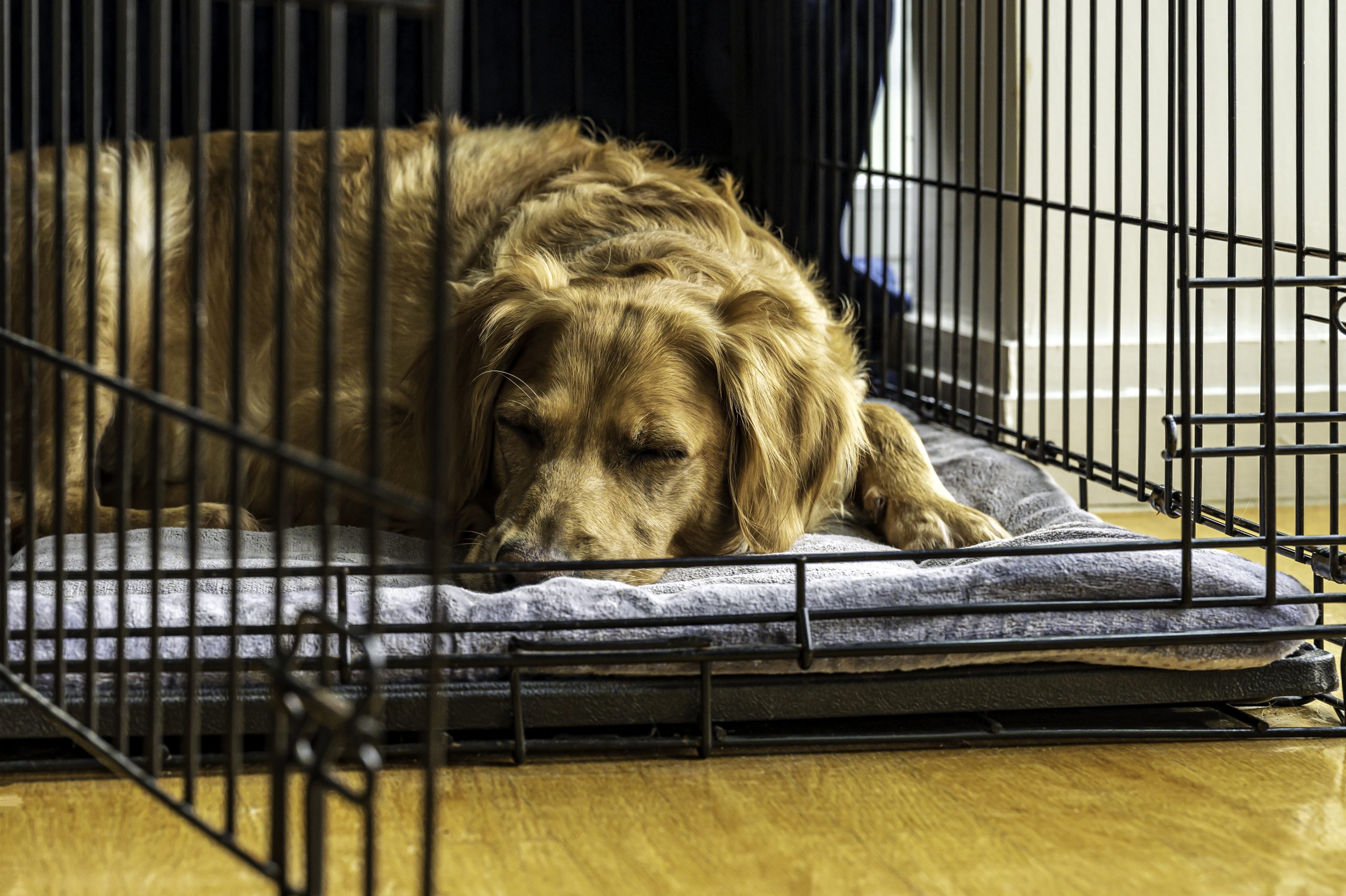
5. Bring some of their favourite things from home
When the dog comes to the kennel, make sure they have the same bedding they have at home, plus their favourite toy or chew — ideally the one you've prepared them with in step four above. Then when they're left alone during their stay, they can do so with that toy. They'll quickly understand, that after their toilet, socialisation or exercise periods, it’s their time to go back in to their comfortable environment with their familiar bedding and favourite toy to relax and stay calm.
6. Enjoy your holiday!
Finally, if you've carefully followed the steps above, you deserve to relax and enjoy yourself. This first time might be hard, but once you find a good kennel you can trust, they'll likely become a regular part of your life for years to come. Your dog might well end up looking forward to his or her holidays as much as you do!
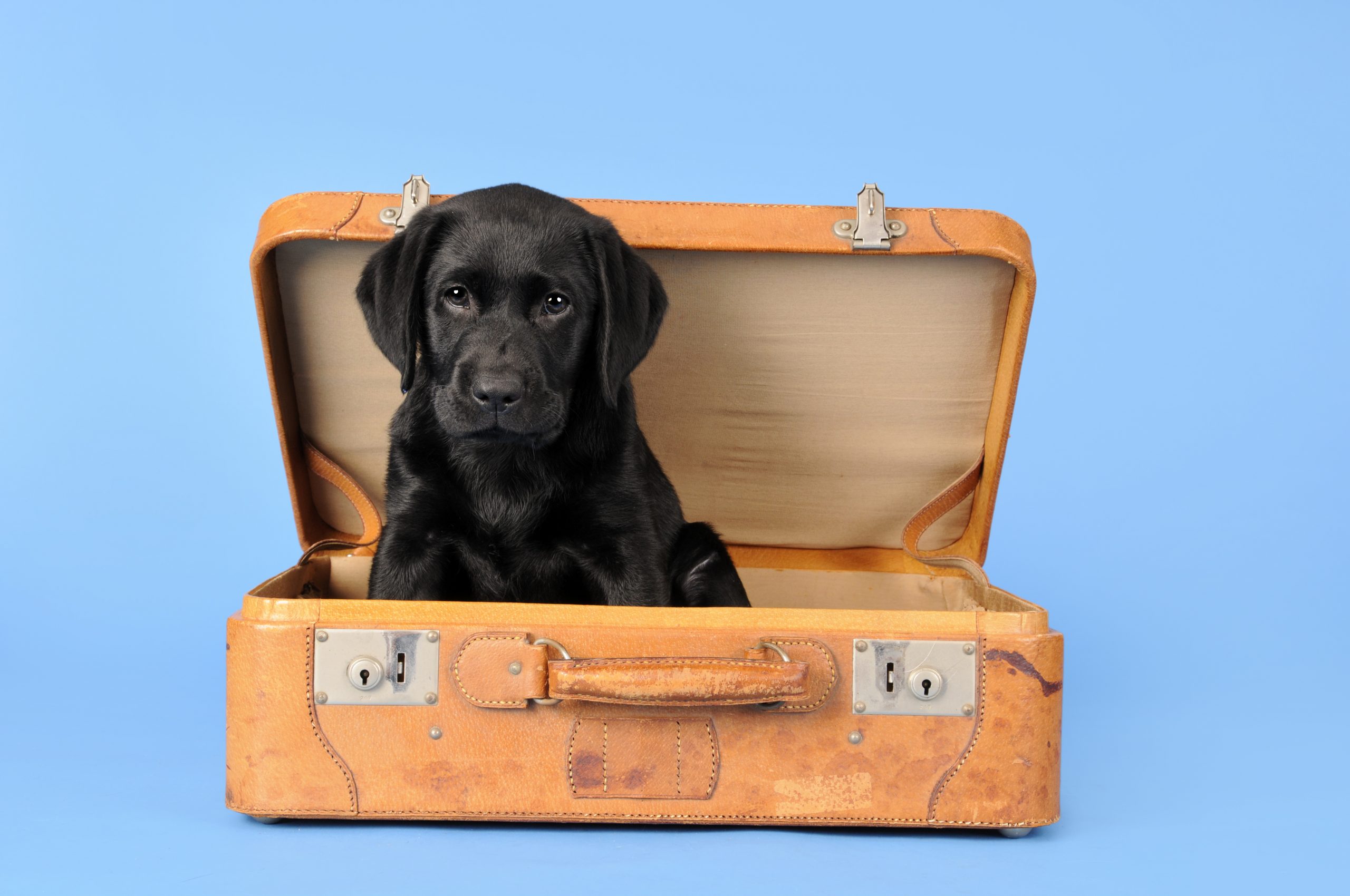
For more detailed advice about Ben Randall’s positive, reward-based and proven BG training methods, one-to-one training sessions, residential training or five-star dog-boarding at his BGHQ in Herefordshire, telephone 01531 670960 or visit www.ledburylodgekennels.co.uk. For a free seven-day trial of the Gundog app, which costs £24.99 a month or £249.99 a year, visit www.gundog.app/trial
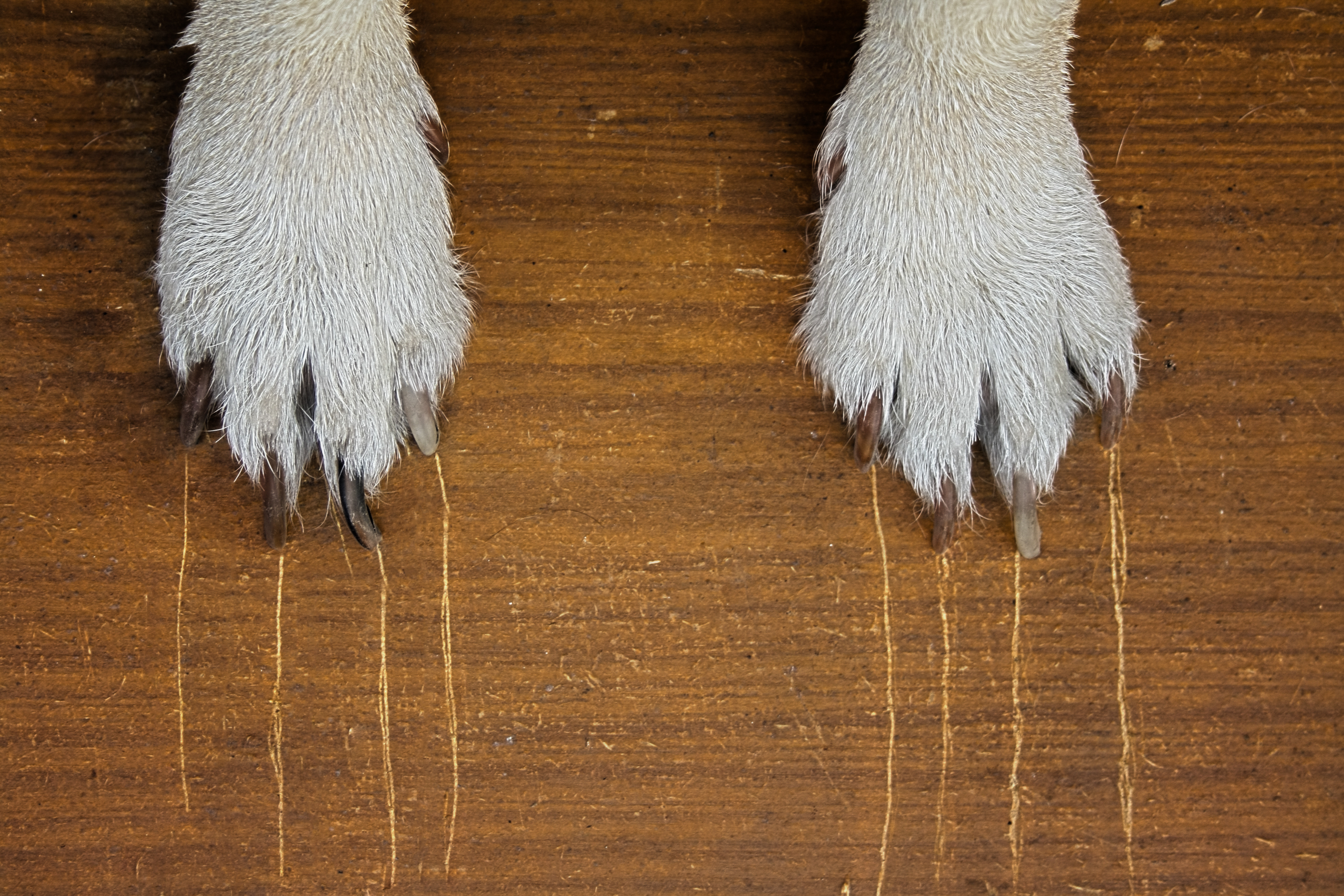
What to do if your dog is scratching things at night, by expert trainer Ben Randall
An older dog's new habit is the subject of this week's Paws For Thought, with Ben Randall explaining what to
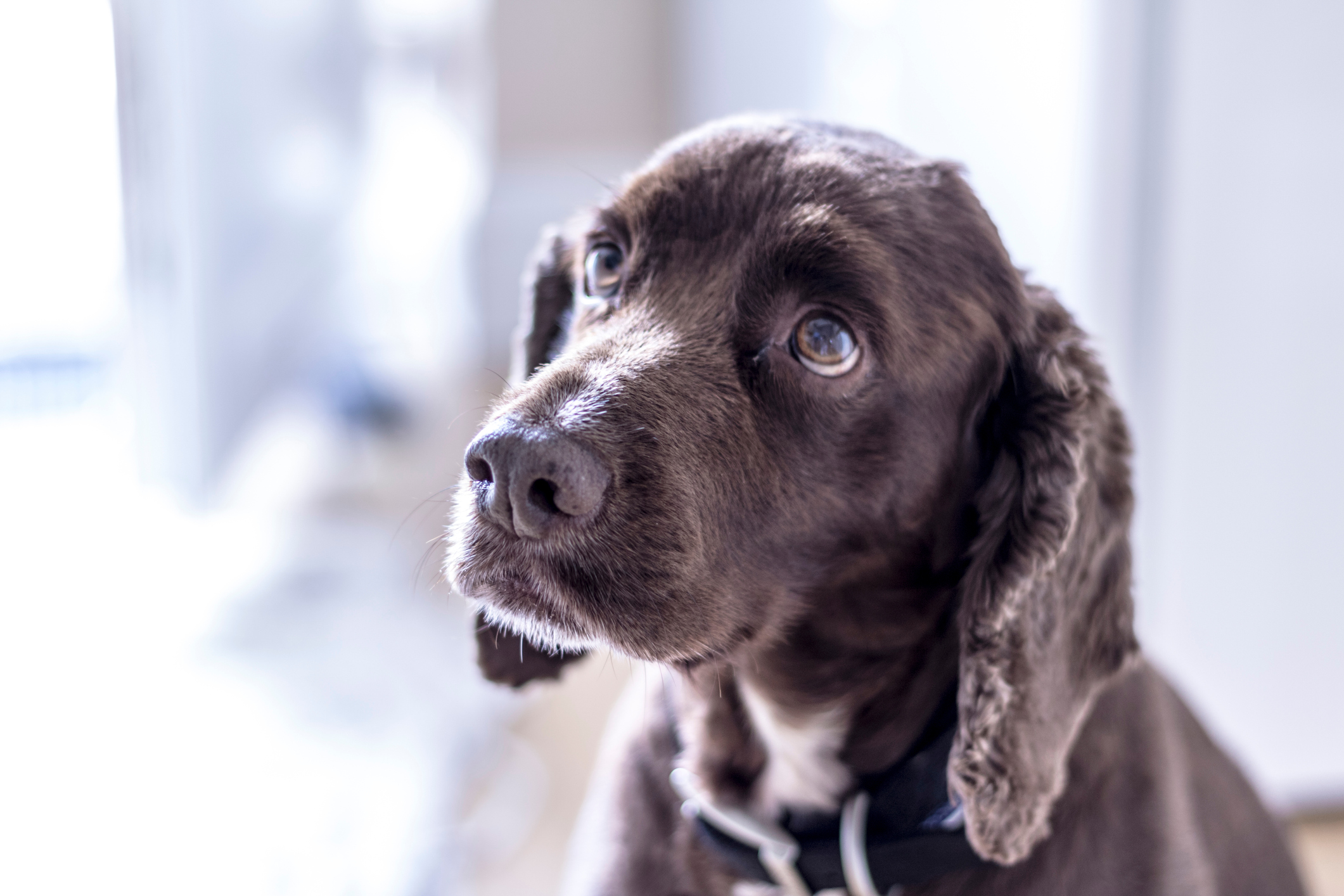
Credit: Getty
What to do if your dog keeps barking when you leave the house, by A-list trainer Ben Randall
The unconditional love of a dog is a wonderful thing, but when they get so attached that they can't bear
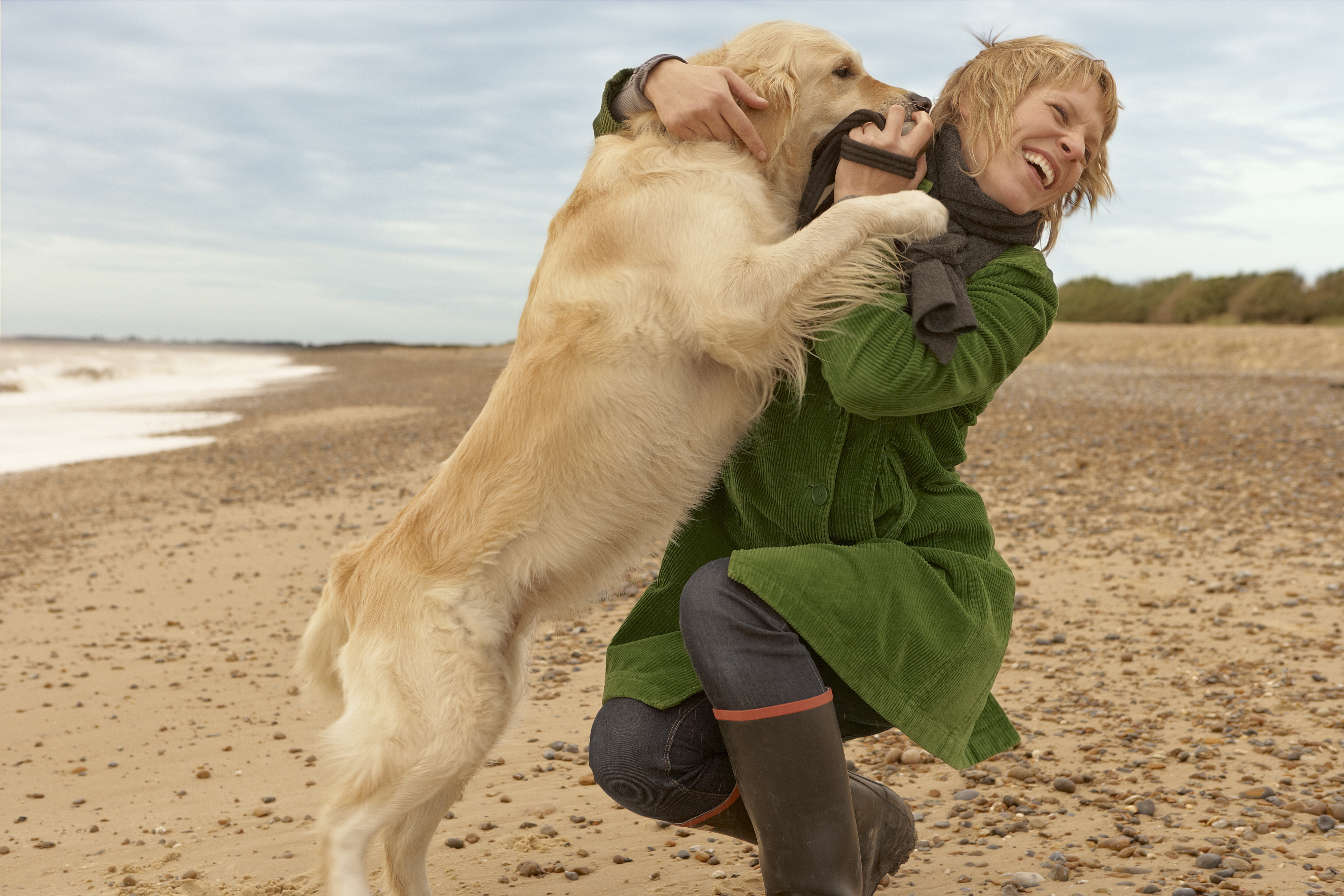
How to stop your dog jumping up, by expert trainer Ben Randall
It’s easy to dismiss our dogs’ love of jumping up on us — and other people — as friendly boisterousness,
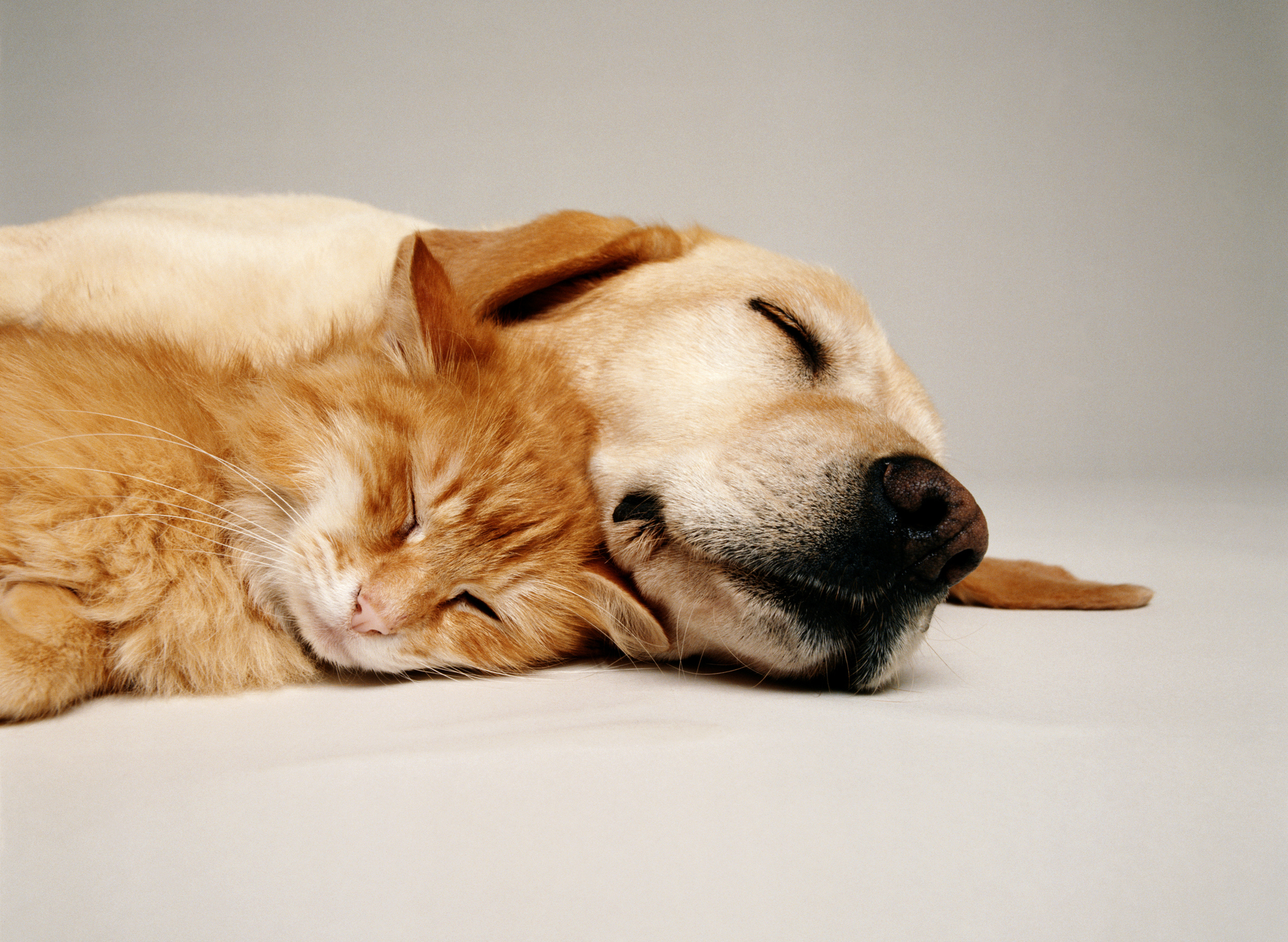
Credit: Getty
How to introduce a puppy to your cat, by expert dog trainer Ben Randall
Introducing a dog to a cat can be nerve-wracking, but get it right and the two of them can get
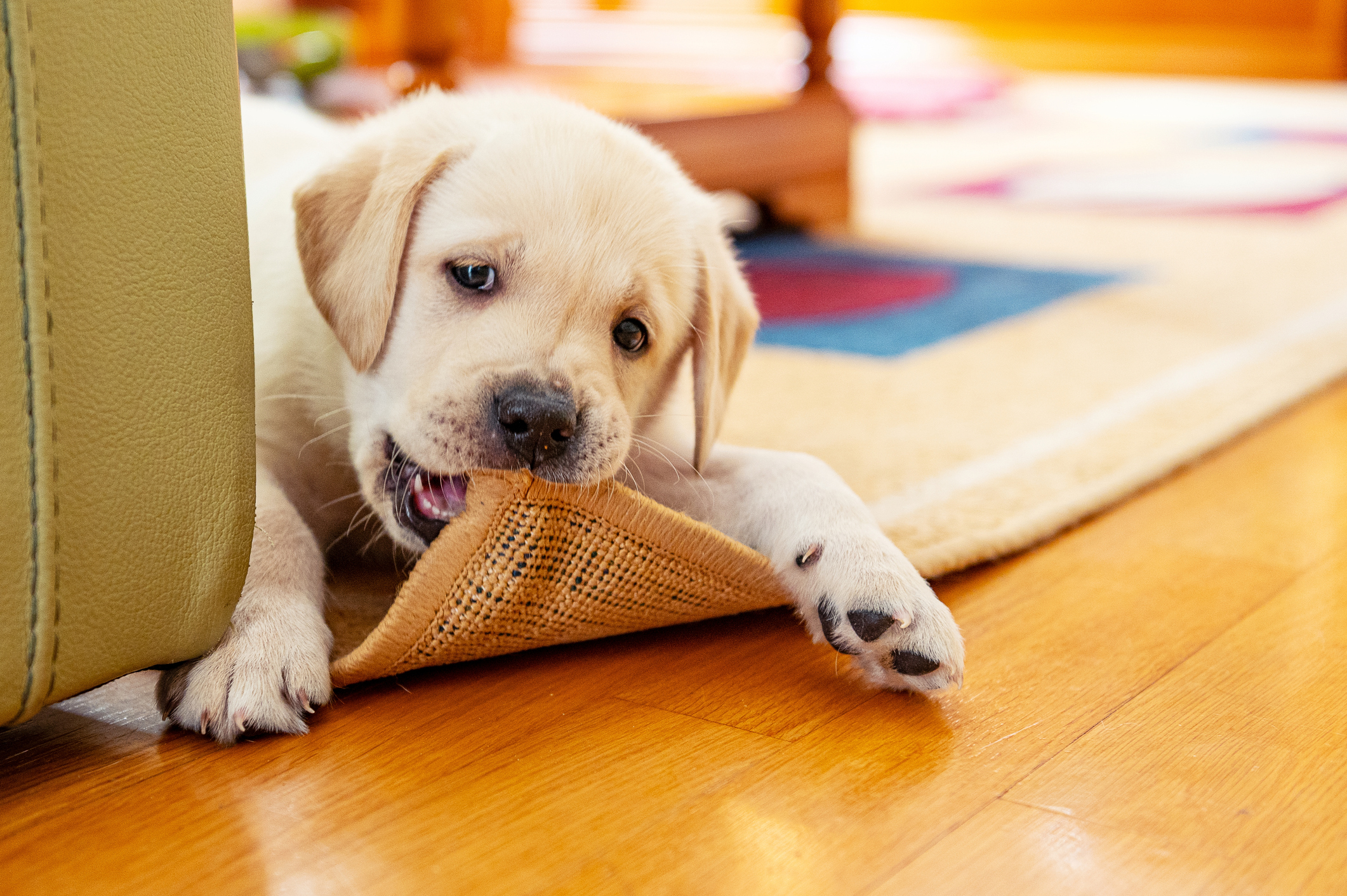
How to get your dog to stop chewing the furniture
If you've got a young dog who can't stop chewing anything and everything in sight, Ben Randall has the solution.
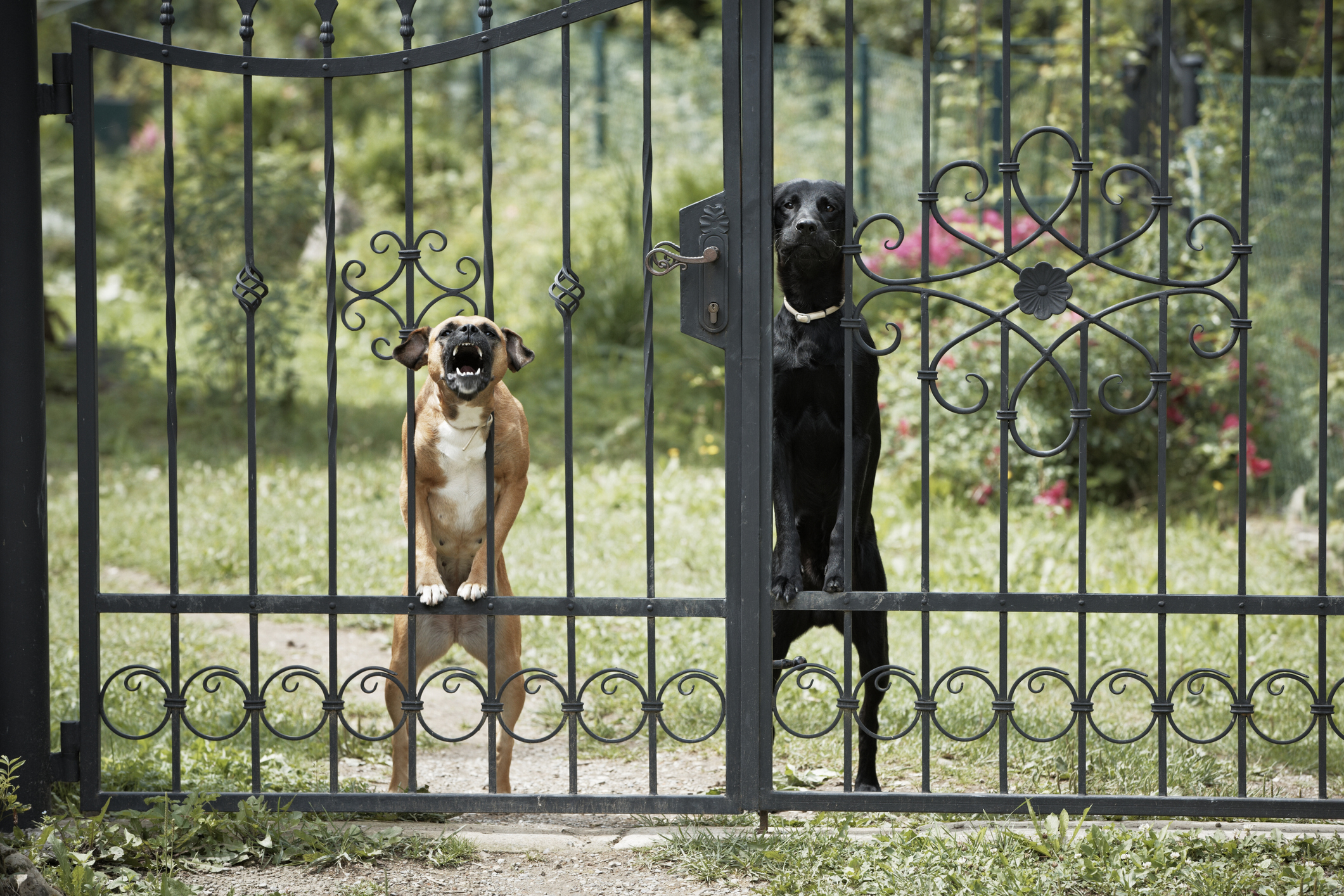
How do I stop my dog barking at people coming up to my house? Expert advice from top trainer Ben Randall
Disconcerting for visitors, distressing for owners and terrifying for delivery people, having a dog that constantly barks at strangers is
